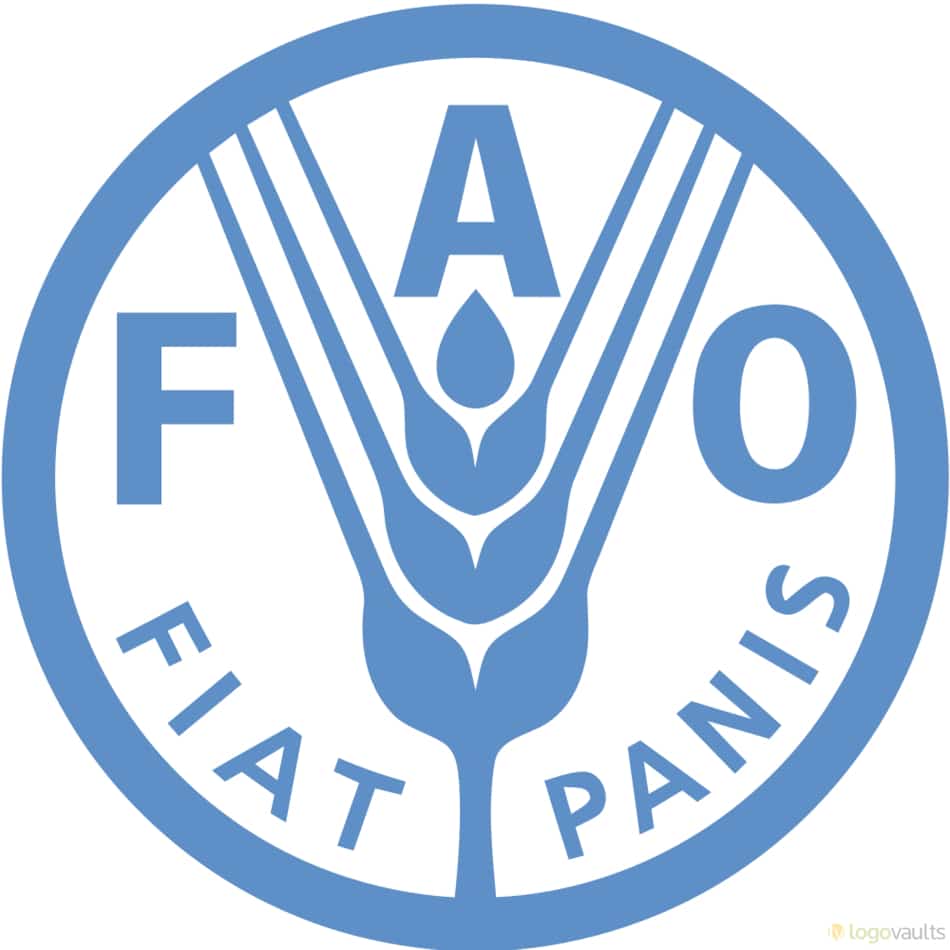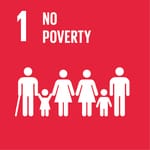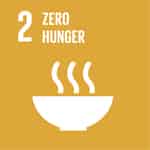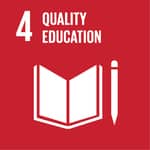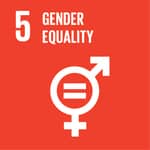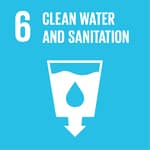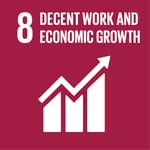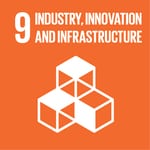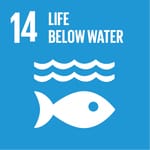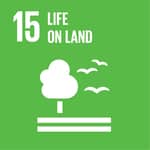The FAO is “an intergovernmental organization with 194 Member Nations, two associate members and one member organization, the European Union.” Works to “generate, develop and adapt existing tools and guidelines and provide targeted governance support as a resource to country and regional level FAO offices.” Offices in over 130 countries.
Selected Themes:
Outreach:
- Digital Reports Archive
- Infographics collection
- Publications
- Data and Statistics including FAOSTAT
- HIGHLIGHTS:
- The State of Biodiversity for Food and Agriculture (Feb 2019, 529p; 64p Overview; 4p Executive Summary) – The first global assessment from the FAO’s Commission on Genetic Resources, drawing on information from 91 country reports prepared by some 1,300 contributors, and inputs from 175 authors and reviewers. Discusses genetic resources (animals, forests, aquatic), ecosystem services, insect pollination, soil formation, and resilience. Biodiversity is essential to food and agriculture, but many key components are in decline, due to multiple interacting drivers of change. Much of the planet’s biodiversity is being eroded, ”often at an alarming rate.” Use of many biodiversity-friendly practices is increasing, but “sustainable intensification” is needed to ensure food security and nutrition.
- The State of Food Security and Nutrition in the World 2019 (Jul 2019, 212p), warning that some 2 billion people worldwide experience moderate or severe food insecurity, including 8% of the population in North America and Europe.
- Addressing the climate change and poverty nexus. A coordinated approach in the context of the 2030 Agenda and the Paris Agreement (2019, 104p) – Taking an integrated climate−poverty approach, this report proposes a series of recommendations to improve the design and delivery, and ultimately the results, of synergies between interventions related to climate mitigation and adaptation, poverty reduction and food security.
- Managing climate risks through social protection. Reducing rural poverty and building resilient agricultural livelihoods (2019, 64p) – This paper discusses how climate change is accelerating extreme climate events, and looks into the challenges of promoting more coherent approaches to social protection, disaster risk reduction and management, as well as climate change adaptation and mitigation.

